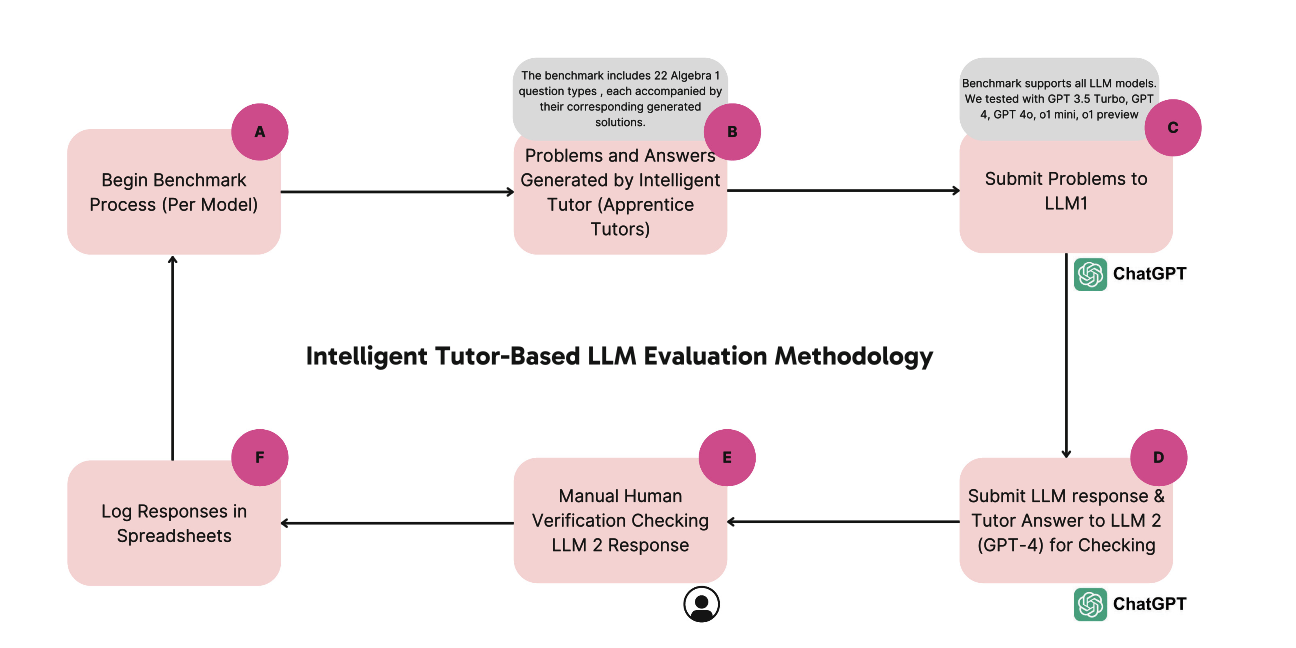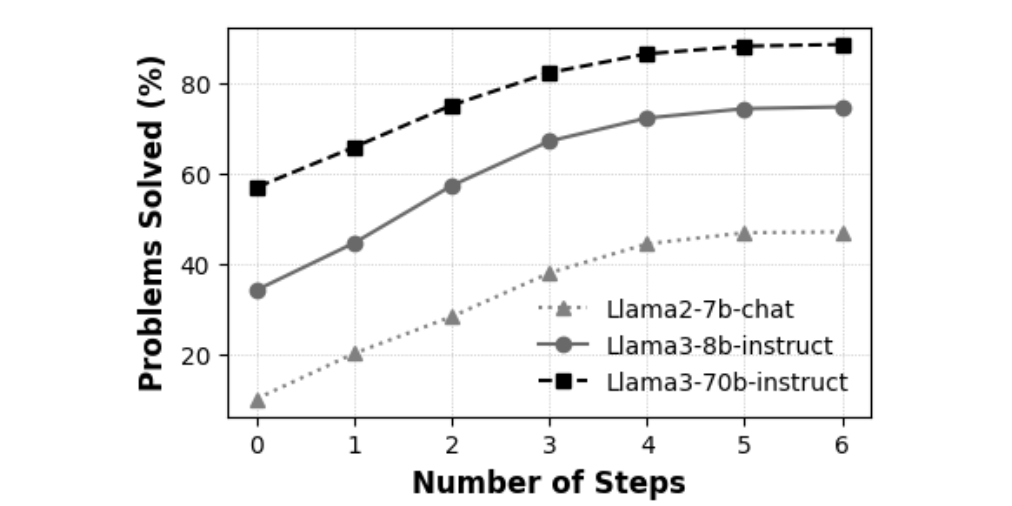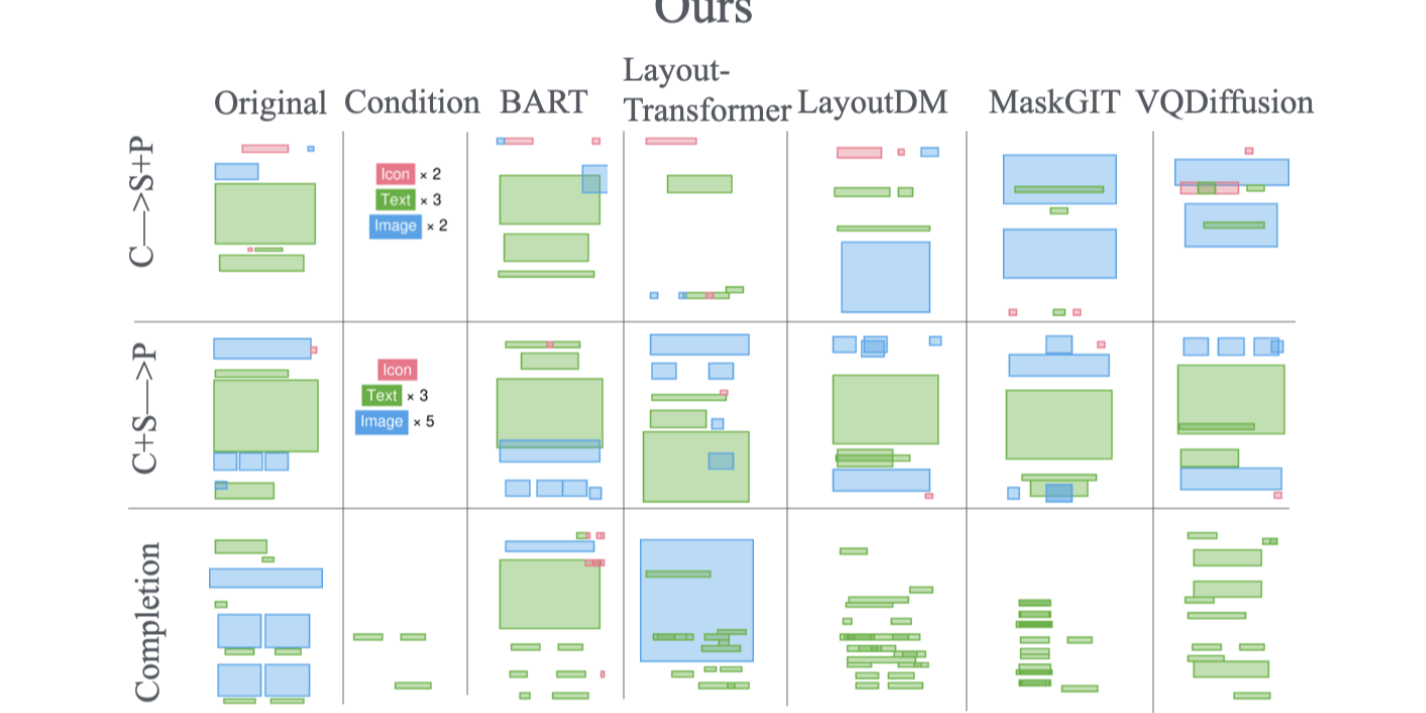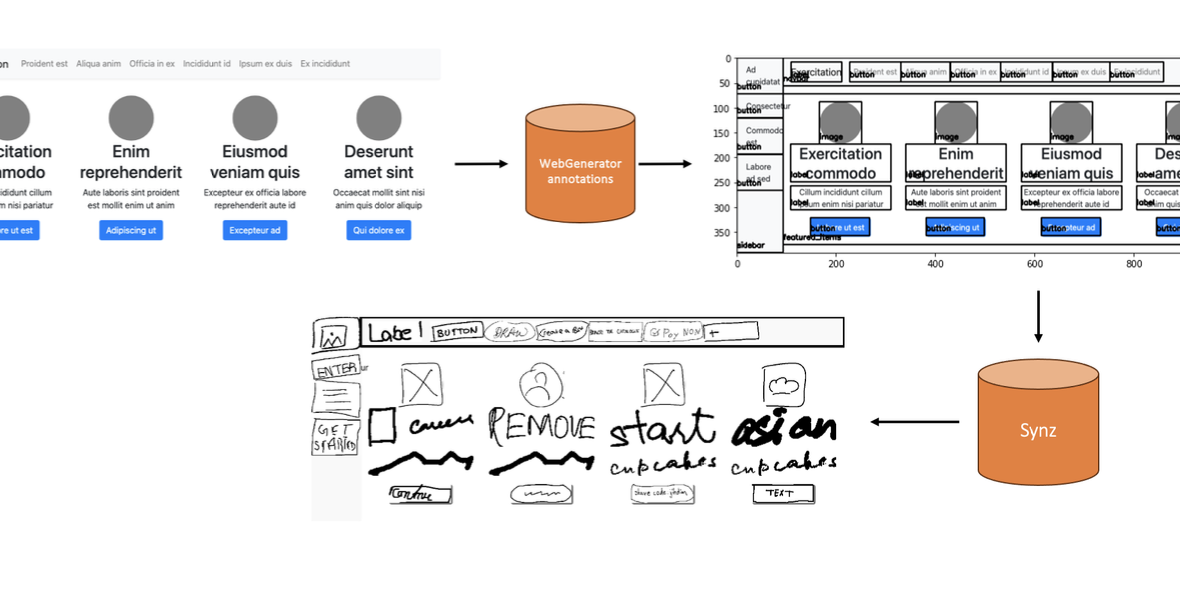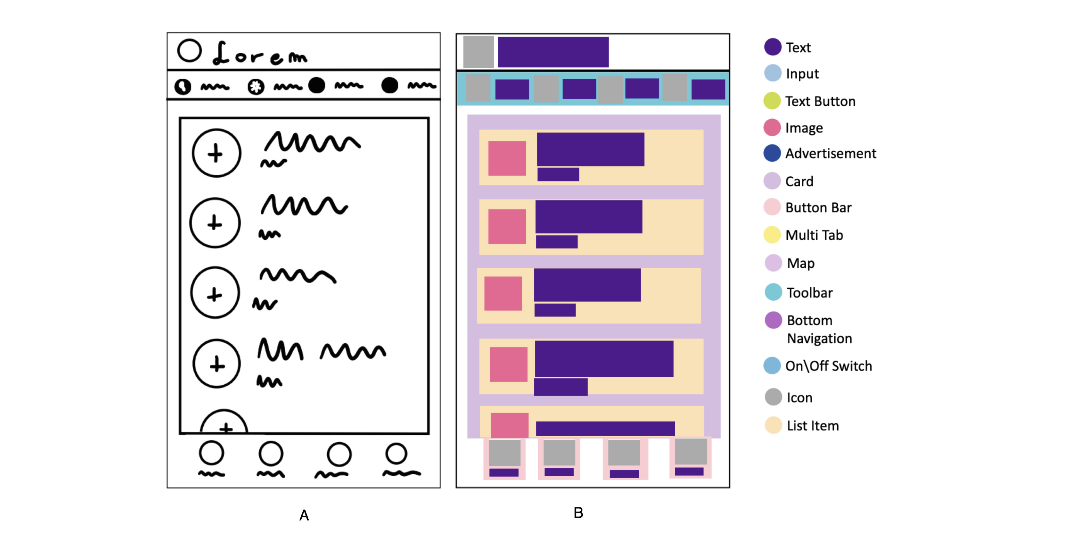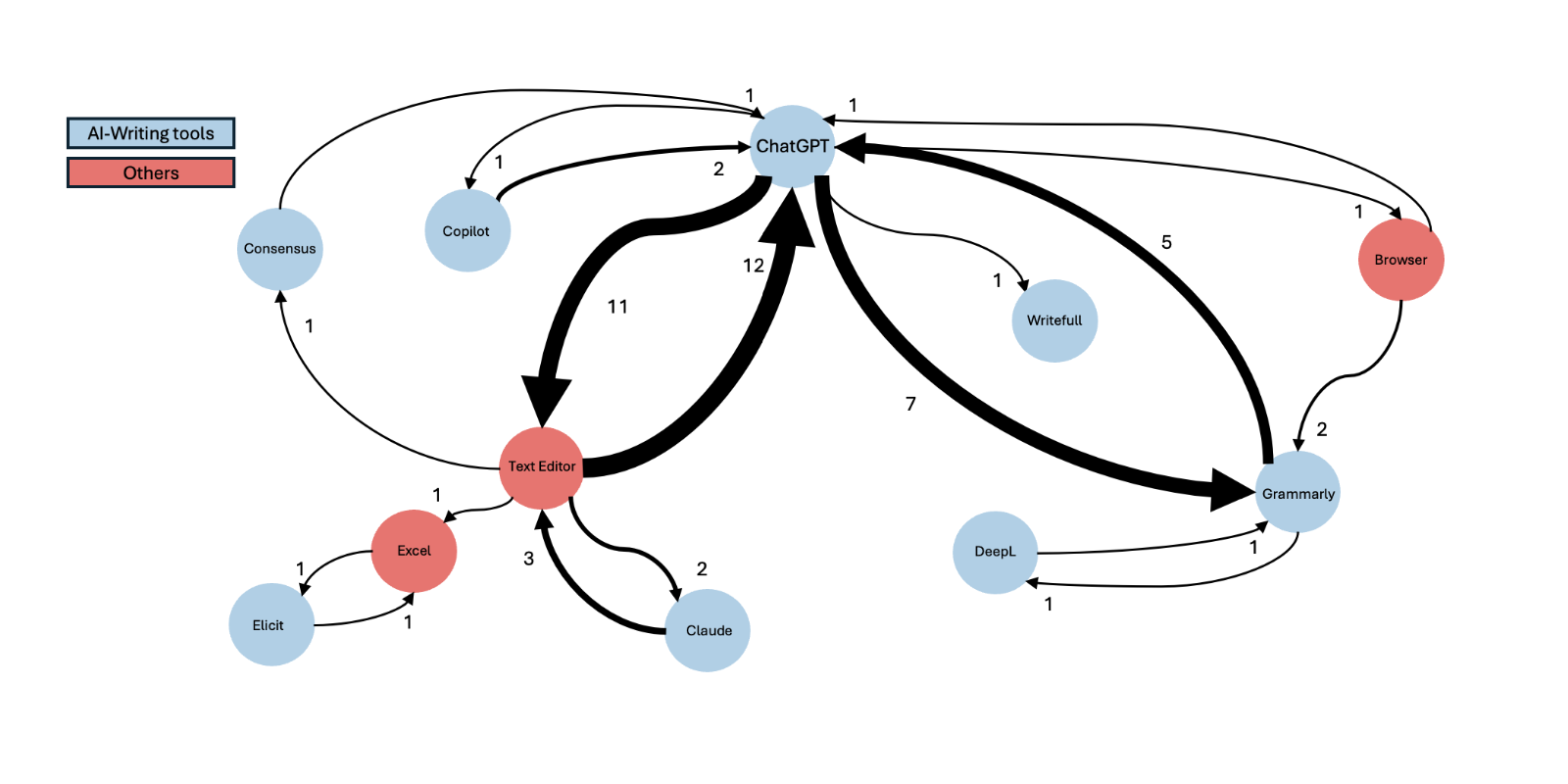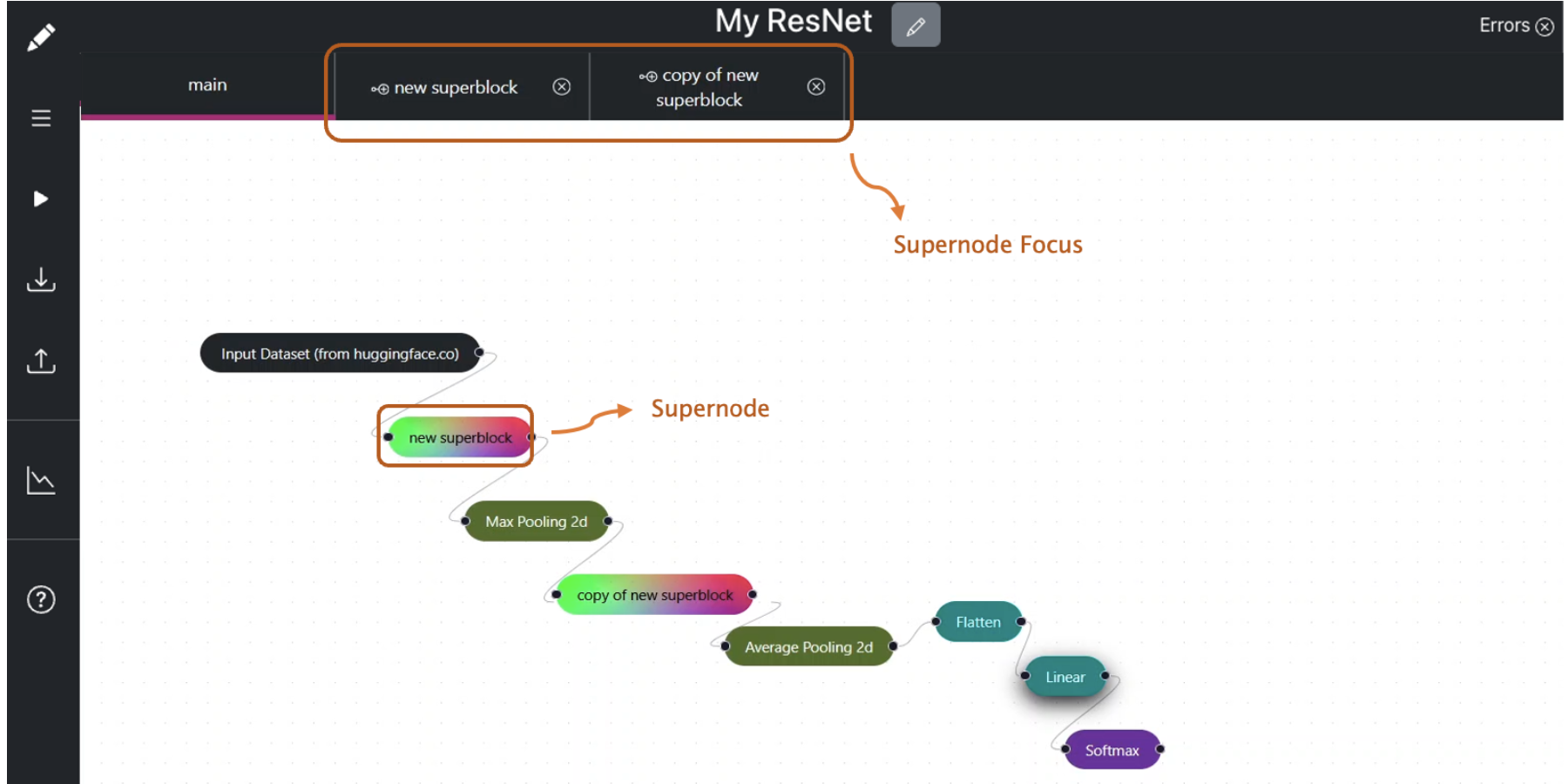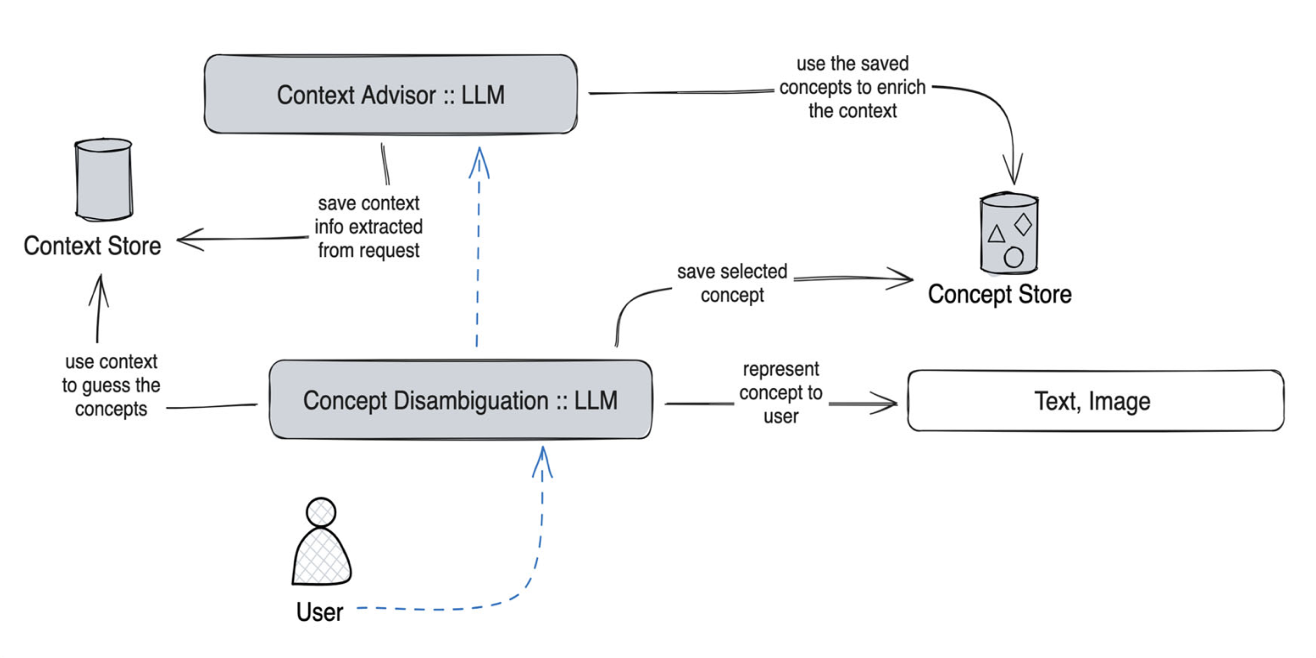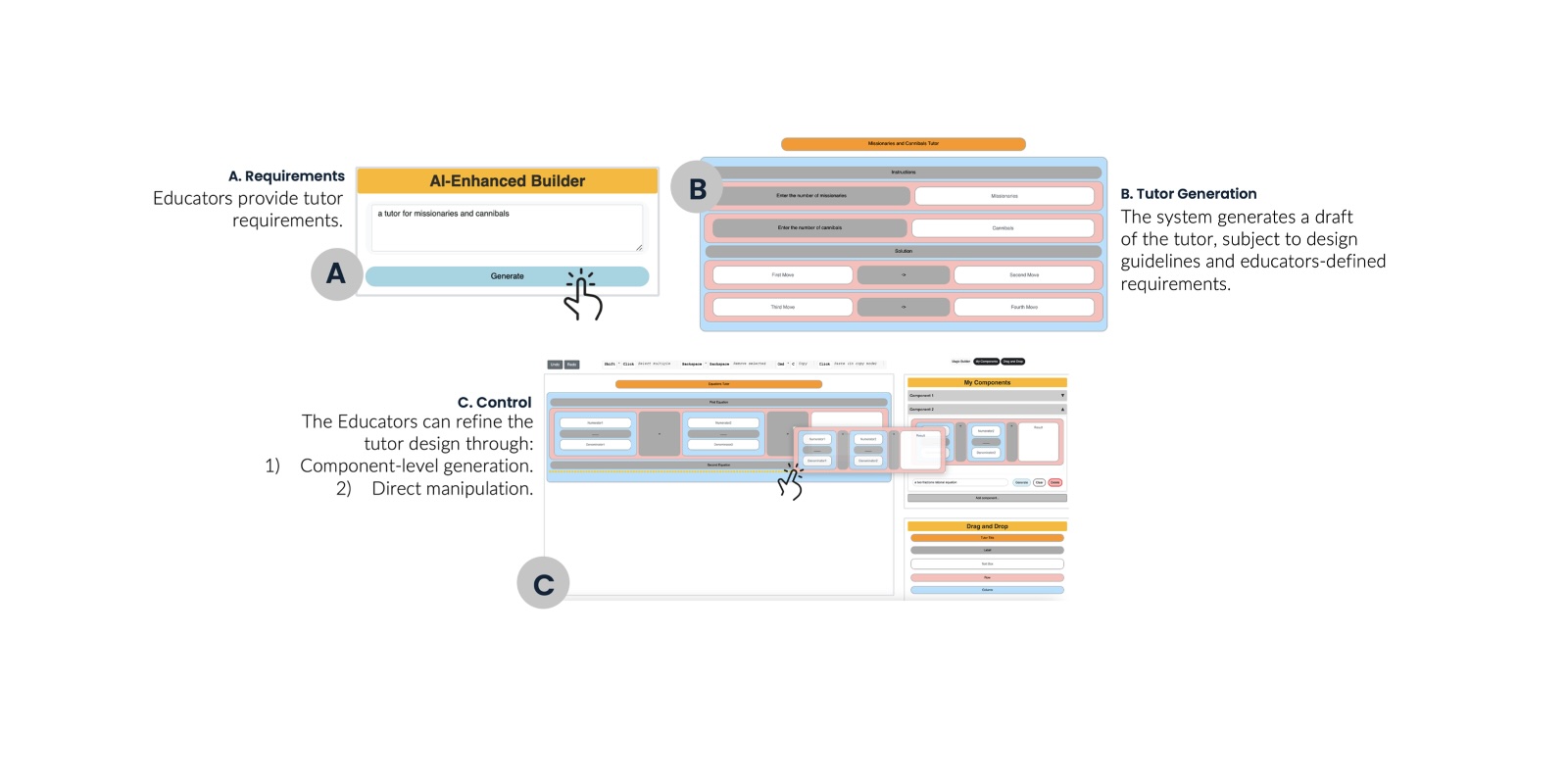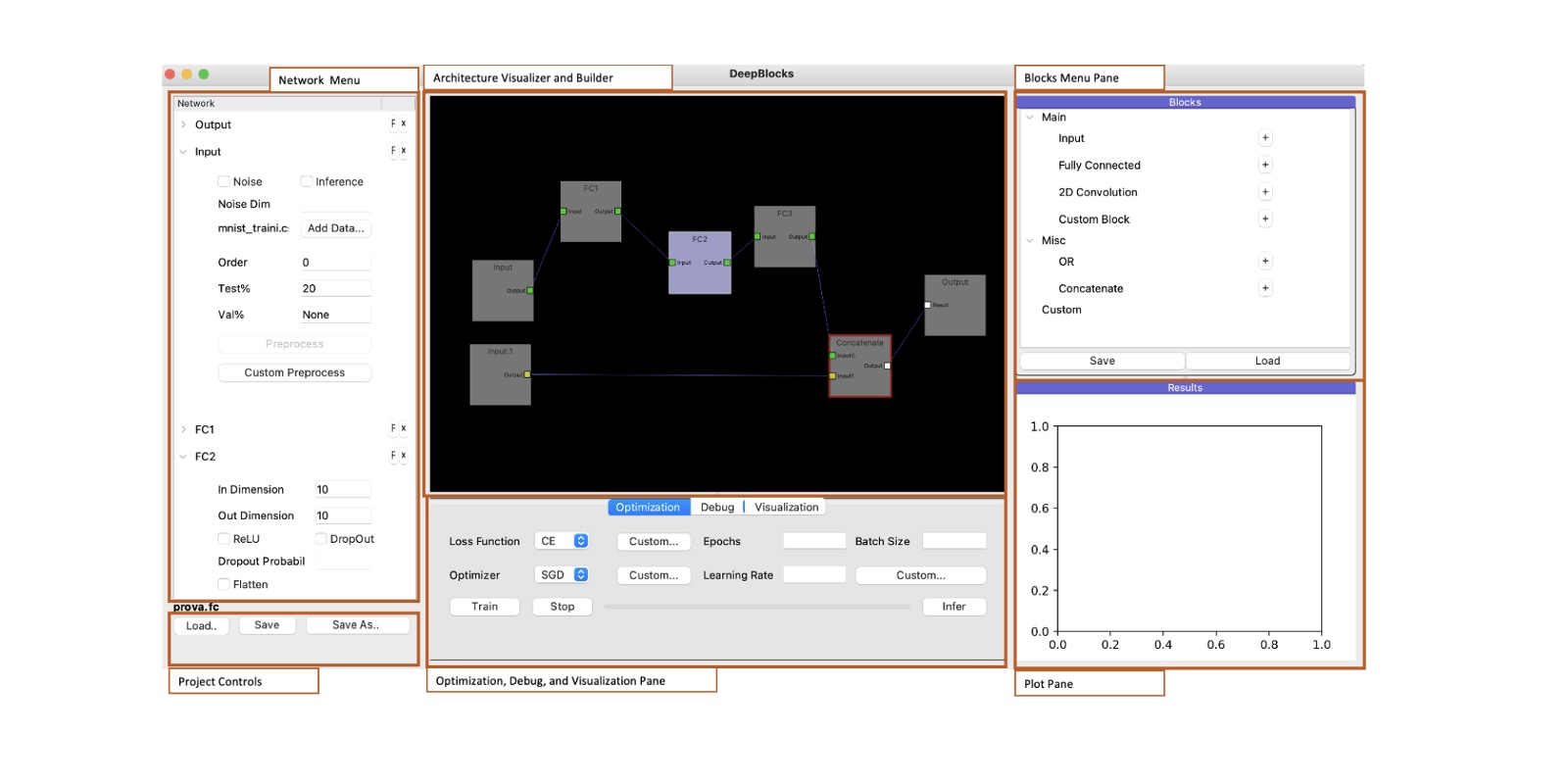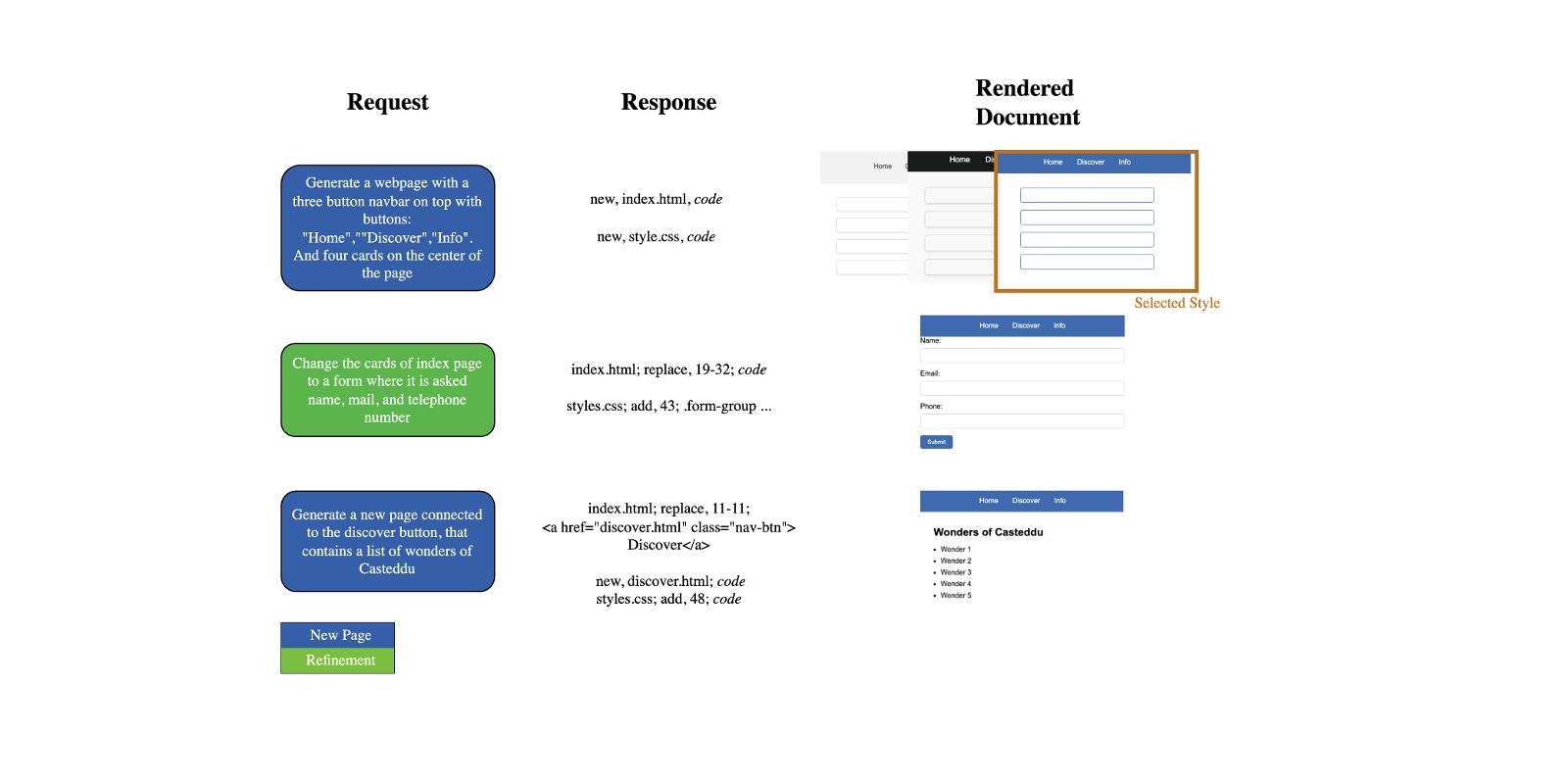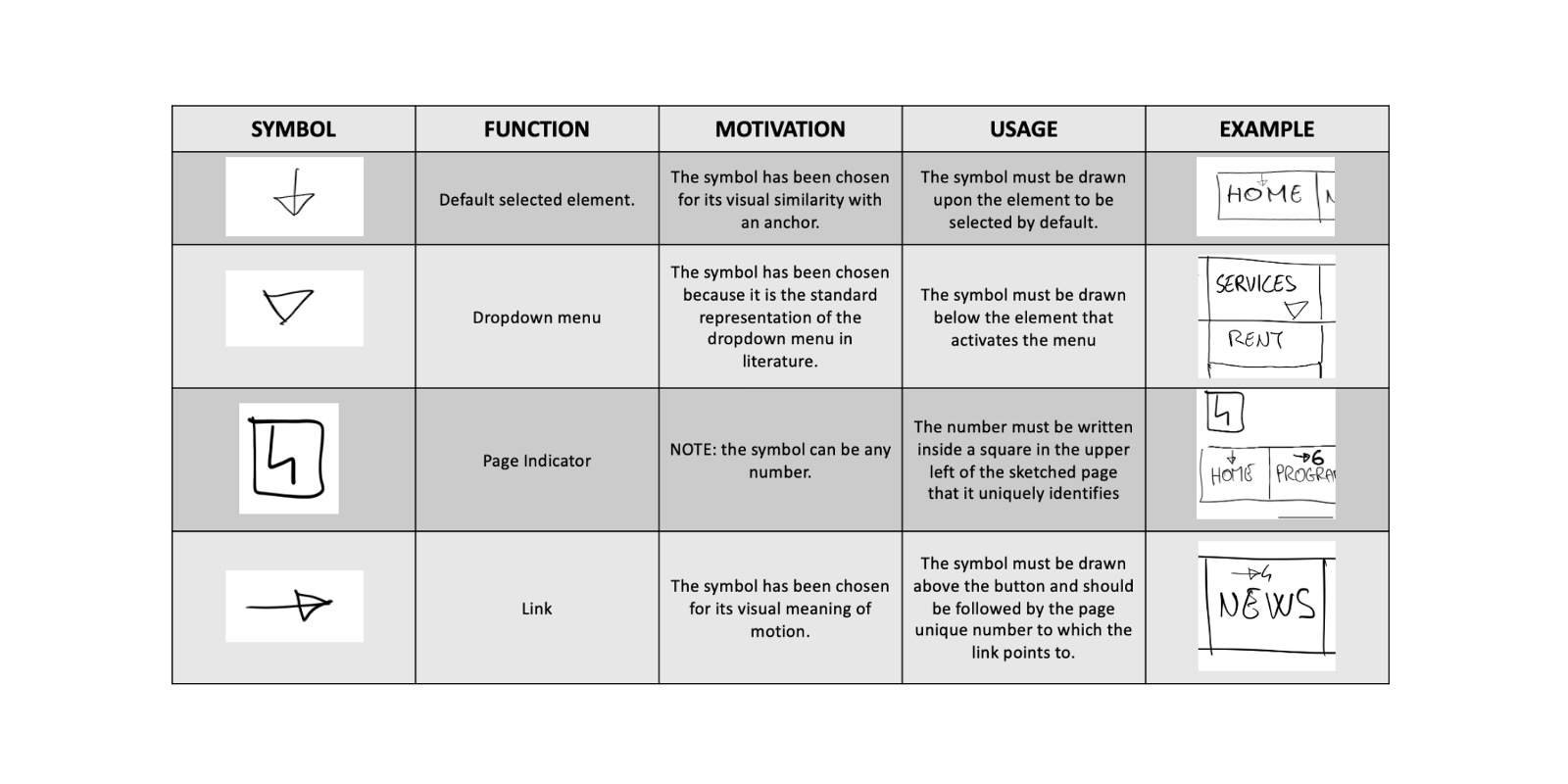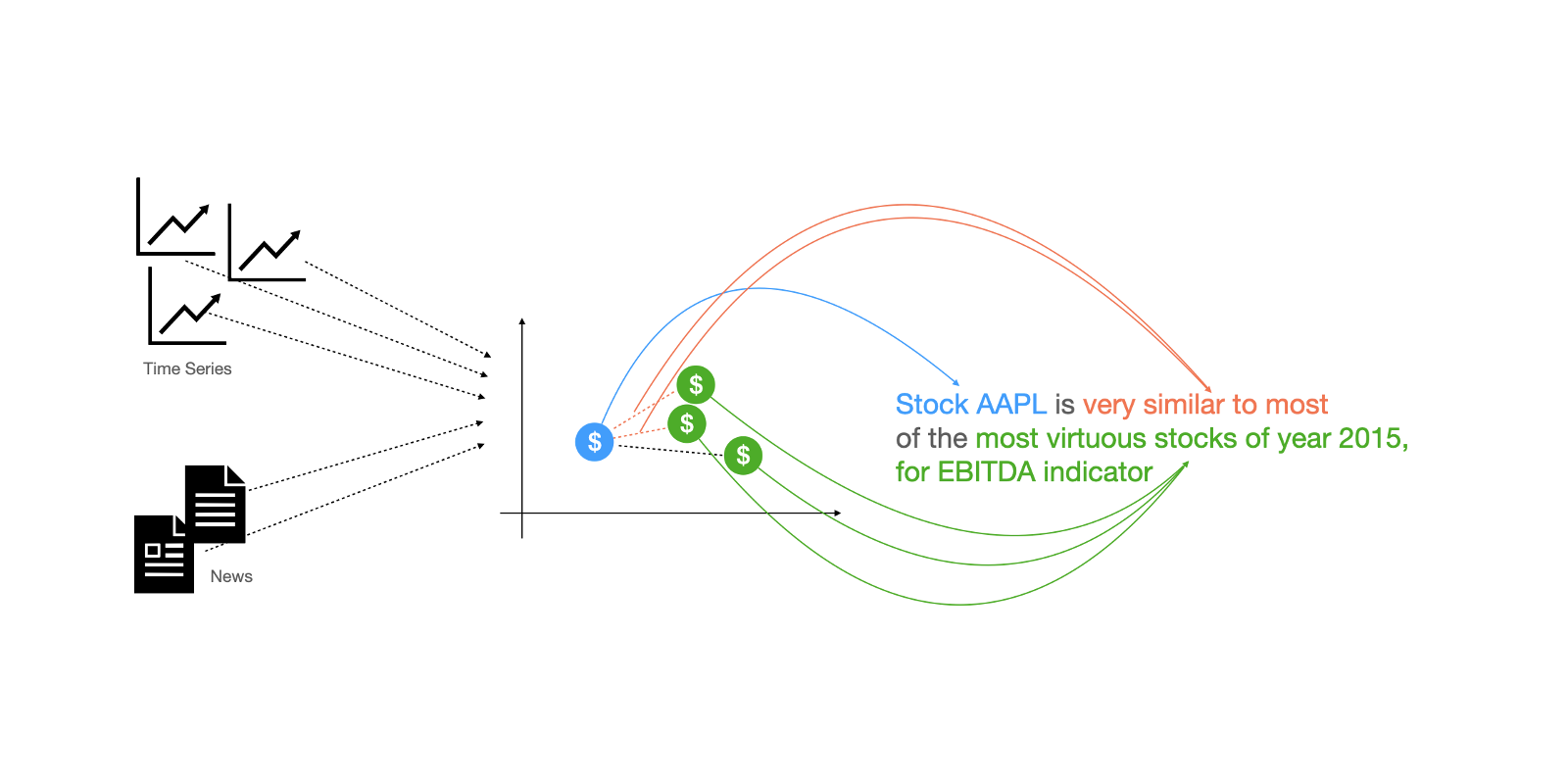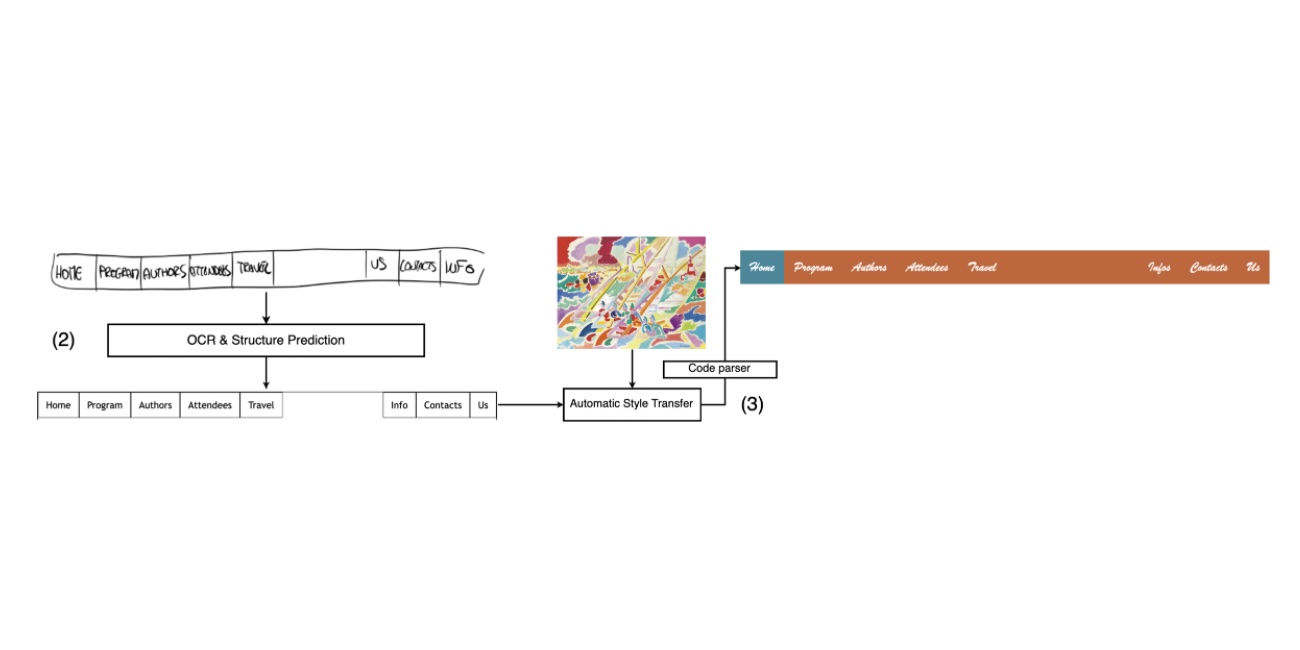
Hi, I'm Tommaso
I'm a Postdoctoral Researcher at Politecnico Di Torino
I study and develop methods to bridge humans and AI systems. My current main focus is on UI design and development, where I leverage modern Machine Learning, Human-Computer Interaction, and Human-AI Interaction techniques to make UI prototyping more efficient, simple, fun, and effective.
I am a Postdoctoral Researcher at  Politecnico di Torino, working in the
Politecnico di Torino, working in the  e-Lite research group. Previously, I completed my Ph.D. under the supervision of Luigi De Russis and visited the Teachable AI Lab at the
e-Lite research group. Previously, I completed my Ph.D. under the supervision of Luigi De Russis and visited the Teachable AI Lab at the  Georgia Institute of Technology under the supervision of Christopher MacLellan.
Georgia Institute of Technology under the supervision of Christopher MacLellan.
 Politecnico di Torino, working in the
Politecnico di Torino, working in the  e-Lite research group. Previously, I completed my Ph.D. under the supervision of Luigi De Russis and visited the Teachable AI Lab at the
e-Lite research group. Previously, I completed my Ph.D. under the supervision of Luigi De Russis and visited the Teachable AI Lab at the  Georgia Institute of Technology under the supervision of Christopher MacLellan.
Georgia Institute of Technology under the supervision of Christopher MacLellan.
Latest News
Recent updates, achievements, and announcements.
July 14, 2025
🎓 I successfully defended my PhD dissertation on July 14.
🎓 I successfully defended my PhD dissertation on July 14.
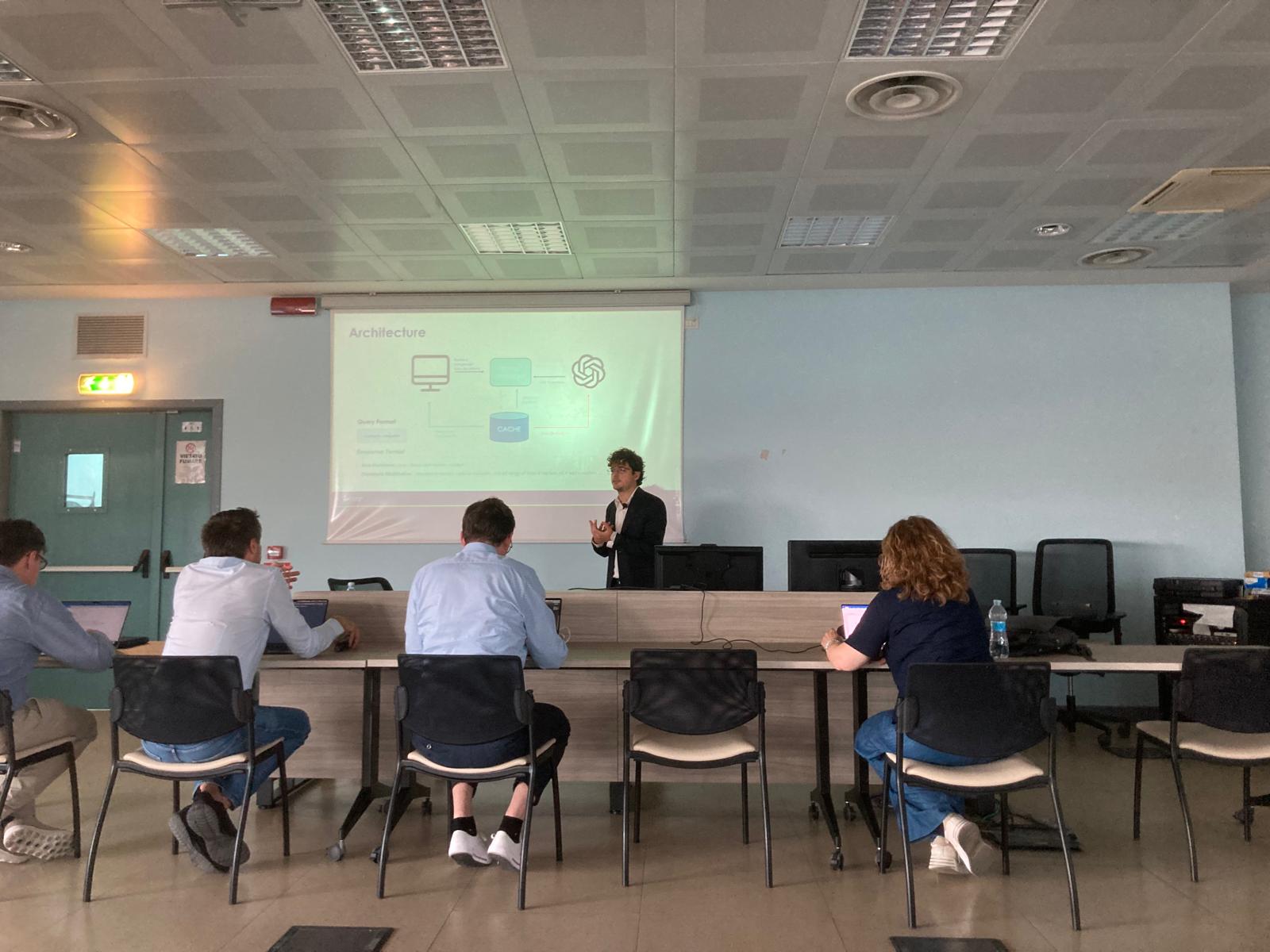
June 01, 2025
🧠 Transformer Models for Design-to-Code accepted at PACM EICS 2025.
🧠 Excited to share that our paper Advancing Code Generation from Visual Designs through Transformer-Based Architectures and Specialized Datasets has been accepted at PACM EICS 2025! We explore multimodal transformers and new datasets to automate code generation from sketches and mockups.
Featured Research Publications
Latest research for fans of Machine Learning and Human-Computer Interaction.
Comparing correctness and instructional quality of LLMs in algebra tutoring scenarios.
AIED
2025
Using LLMs to generate step-level guidance for math ITSs and improving adaptive personalization.
L@S
2025
A pipeline to convert HTML into structured, Figma-compatible datasets for AI-driven UI design.
EICS Companion
2025
Best Late Breaking Result Award
Exploring multimodal transformers and new datasets to automate code generation from sketches and mockups.
PACM EICS
2025
Studying sketch vs semantic-constrained prompts for UI mockup generation with AI.
IS-EUD
2025
Examining how researchers adapt and integrate intelligent writing assistants in scientific writing.
CHI
2025
A flow-based tool for designing deep learning models with hierarchical abstraction and interactive debugging.
IUI
2025
Leverage visual and textual cues to interpret ambiguous home automation commands.
PUC
2024
Empowering educators to create Intelligent Tutoring Systems through AI-assisted interface design.
L@S
2024
Allowing developers from diverse backgrounds to visually create, train, and evaluate DL architectures.
EICS
2023
Enabling website creation through natural language specifications, utilizing prompt-engineered LLMs to generate code outputs while preserving context.
IS-EUD
2023
Transforming sketched GUIs into interactive prototypes, introducing a dictionary of visual symbols to indicate desired dynamic behaviors.
PAINT
2022
Generating textual comparisons of financial time series using high-dimensional embeddings of related events, such as time series indicators, company balance sheets, and news.
ADBIS
2022
Transforming sketched GUIs into interactive prototypes, incorporating reference styles.
EICS
2022
